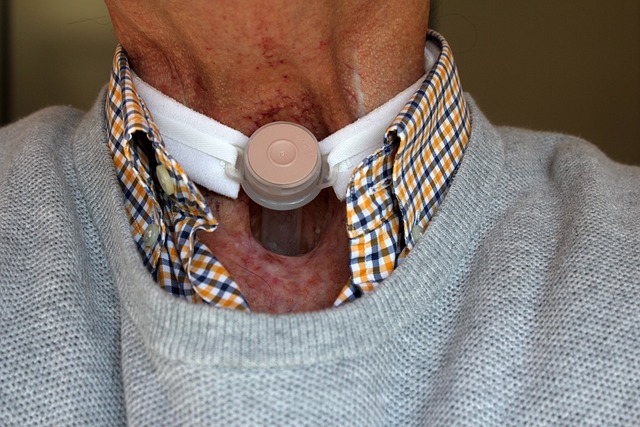
Contents
and Health
Throat cancer consists of different types of cancers that affect the throat, larynx, and other parts of the upper digestive and respiratory systems. Knowing more about the diagnosis, symptoms, and treatment of throat cancer can help you and your doctor develop the best health care plan possible.
What is Throat Cancer?
Throat cancer, also known as laryngeal cancer, is the type of cancer that occurs in the throat, the muscular tube that connects the mouth and the nose to the lungs. The type of cancer is classified by the location, size, and extent of the tumor. This can be any part of the throat, including the larynx, epiglottis, tongue, or tonsils.
What Are the Symptoms of Throat Cancer?
The signs and symptoms of throat cancer may include a persistent sore throat, difficulty or pain when swallowing, hoarseness in the voice, a lump in the neck, earache, fatigue, and unexplained weight loss. These symptoms, however, can also be indicative of other illnesses, so it is important to see a doctor for a proper diagnosis.
How is Throat Cancer Diagnosed?
The diagnosis of throat cancer includes a physical examination, an endoscopic exam of the throat, imaging studies such as an X-ray, CT scan, MRI, PET scan, and ultrasound, and biopsies, which are analyzed by a pathologist.
Treatment and Health Care Plan for Throat Cancer
The treatment and health care plan for throat cancer will be determined by a team of specialists. It will depend on the type, stage, location, and size of the cancer, as well as any other underlying illnesses. Treatment may include surgery, radiation therapy, chemotherapy, and targeted therapy. With newer treatments and advanced technology, more and more throat cancer patients are able to be cured.
Conclusion
Throat cancer is a serious condition that must be properly diagnosed and treated by medical professionals. If you have any of the symptoms associated with throat cancer, it is important to see a doctor as soon as possible. With earlier diagnosis, treatment can be more successful. Knowledge about throat cancer, diagnosis, symptoms, and treatment can help you develop an effective health care plan for your unique situation.
Keywords: Throat Cancer, Diagnosis, Symptoms, Treatment, Health Care, Laryngeal Cancer, Sore Throat, Imaging Studies, Biopsies, Surgery, Radiation Therapy, Chemotherapy, Targeted Therapy
